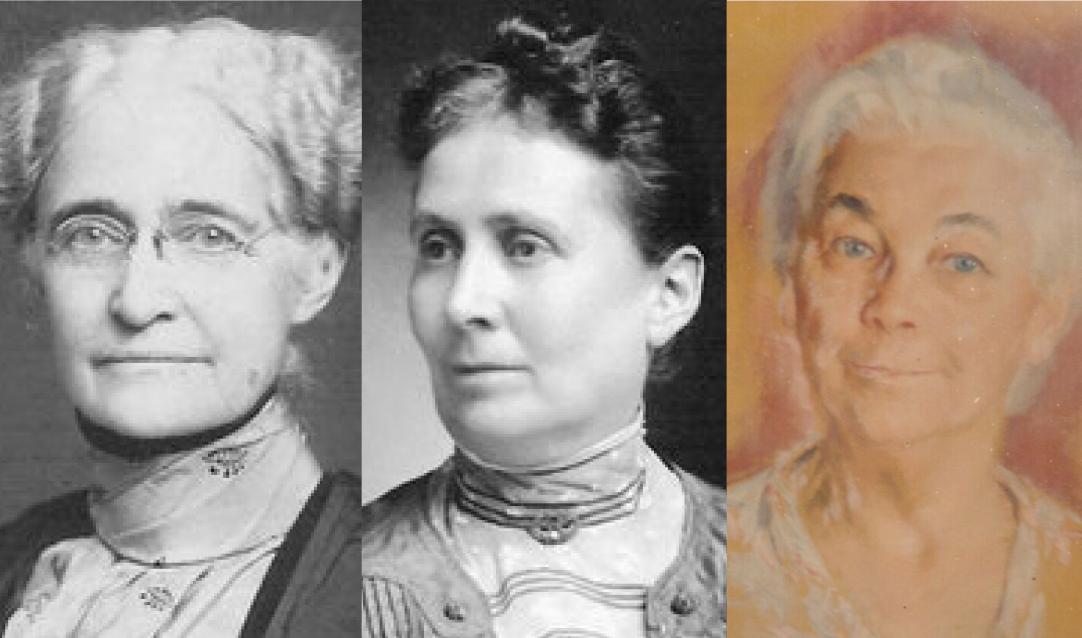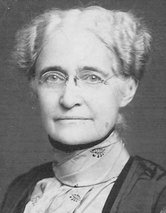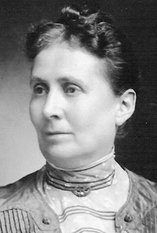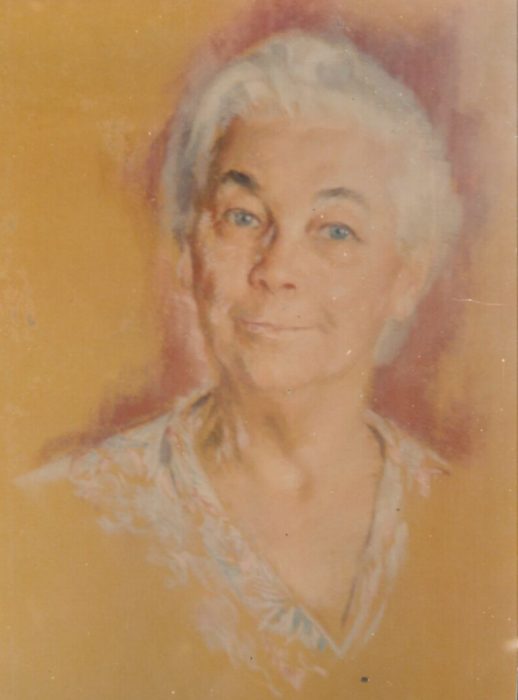
In honor of the upcoming centennial of the ratification of the 19th Amendment to the U.S. Constitution, giving women the right to vote, this issue of Voices features three women honored in the Plaza of Heroines who participated in the women’s suffrage movement in Iowa. The plaza’s website contains more profiles of other women who worked for women’s suffrage, and you can use the search feature on the website to find their stories.
If you are interested in purchasing a brick or a paver to honor a heroine in your life, fill out the online order form or contact the Carrie Chapman Catt Center for Women and Politics by calling 515-294-3181.
Spring orders for the plaza are due March 27 and will be installed by Iowa State’s May 11 graduation.
To add or edit a narrative or photograph for the profile of a woman you have previously honored on the plaza, email the Catt Center at cattcntr@iastate.edu or mail your submission(s) to 309 Carrie Chapman Catt Hall, 2224 Osborn Drive, Iowa State University, Ames, IA, 50011-4009.

Mary Jane Whitely Coggeshall
Mary Jane Coggeshall was dubbed “the mother of woman suffrage in Iowa” by leading suffragist and fellow Iowan Carrie Chapman Catt.
Coggeshall was born in Indiana and moved to Des Moines in 1865 with her husband and three children. In 1870, she was a charter member of both the Polk County Woman Suffrage Society and the Iowa Women Suffrage Association. She served as the IWSA president in 1890, 1891 and 1903-1905, and then as honorary president from 1905-1911. She also served as president of the Des Moines Equal Suffrage Club in 1898.
Coggeshall was the first editor of the IWSA’s newspaper, the Women’s Standard, from 1886-1888, and returned as editor in 1911. She was a continuing contributor to the Women’s Standard, as well as to state and national newspapers. She was a frequent spokeswoman for women’s suffrage, addressing the Iowa House and Senate committees and many woman suffrage meetings.
Of the early Iowa suffragists, Coggeshall was one of the few active on the national level. In 1895, she was elected to the board of the National American Woman Suffrage Association, the first woman from west of the Mississippi River to join the NAWSA board. She was also elected as the second auditor of the NAWSA in 1902, and spoke at the NAWSA national conventions in 1904 and 1907.
Coggeshall marched in one of America’s earliest suffrage parades in Boone, Iowa, in 1908. Also in 1908, she brought a lawsuit against the city of Des Moines after women were denied ballots during a city bond election, a form of election in which it had been legal for women to vote by state law since 1894. The Iowa Supreme Court held that the election was void because women, as a class, were barred from voting.
In addition to her work for women’s suffrage, Coggeshall sat on the board of directors for the Home for the Aged and the Humane Society in Des Moines, and was a member of the Professional Women’s League, the Monday Club, the Chauncey Depew Club and the Playground Association.
Coggeshall was inducted into the Iowa Women’s Hall of Fame in 1990.
Coggeshall was honored by Cynde C. Fanter, her great-granddaughter.

Rowena Edson Stevens
Stevens was socially and politically active, founding and supporting charitable organizations as well as playing a prominent role in the woman’s suffrage movement. She organized the Political Equality Club in Ames, serving as its president. She also served as president of the Boone Equality Club and organized chapters in other cities. Stevens was president of the Benevolent Society in Ames for twelve years, worthy matron of the Order of Eastern Star in Ames, state regent of the Daughters of the American Revolution, and on the board of the first hospital in Boone.
Stevens held various offices in the Iowa Equal Suffrage Association, including president in 1894, in which capacity she addressed the Iowa Legislature on behalf of the suffrage movement. As president of the Boone Equality Club, she organized the first woman suffrage parade in the United States for the annual convention of the Iowa Equal Suffrage Association in Boone in 1908. Her husband was the Progressive Party’s candidate for Iowa governor in 1912.
The League of Women Voters honored Stevens in 1931 as one of the twenty-four “women in Iowa whose courageous work opened the opportunities of complete citizenship to all women in the state.” A plaque with the names of all twenty-four women honored by the League of Women Voters in 1931 hangs on the wall of the third floor of Carrie Chapman Catt Hall on Iowa State’s central campus as part of its renovation prior to the building’s dedication in October 1995. Stevens was inducted into the Iowa Women’s Hall of Fame in 1995.
Stevens was honored by the Carrie Chapman Catt Center for Women and Politics.

Mary Bertha Beers Van Alstine
When she married and was raising her five children, Van Alstine founded a study club in Gilmore City and worked for women’s suffrage. She later served as state secretary for many years for the Iowa League of Women Voters. She was also an officer in the Women’s Christian Temperance Union and state secretary of the American Federation of Women. Van Alstine served as mayor of Gilmore City and on the Humbolt County welfare board.
Van Alstine was a skilled artist. She had her own shows, and many of her paintings survive with family and friends.
Van Alstine was honored by her daughter, Lois V. Holler.